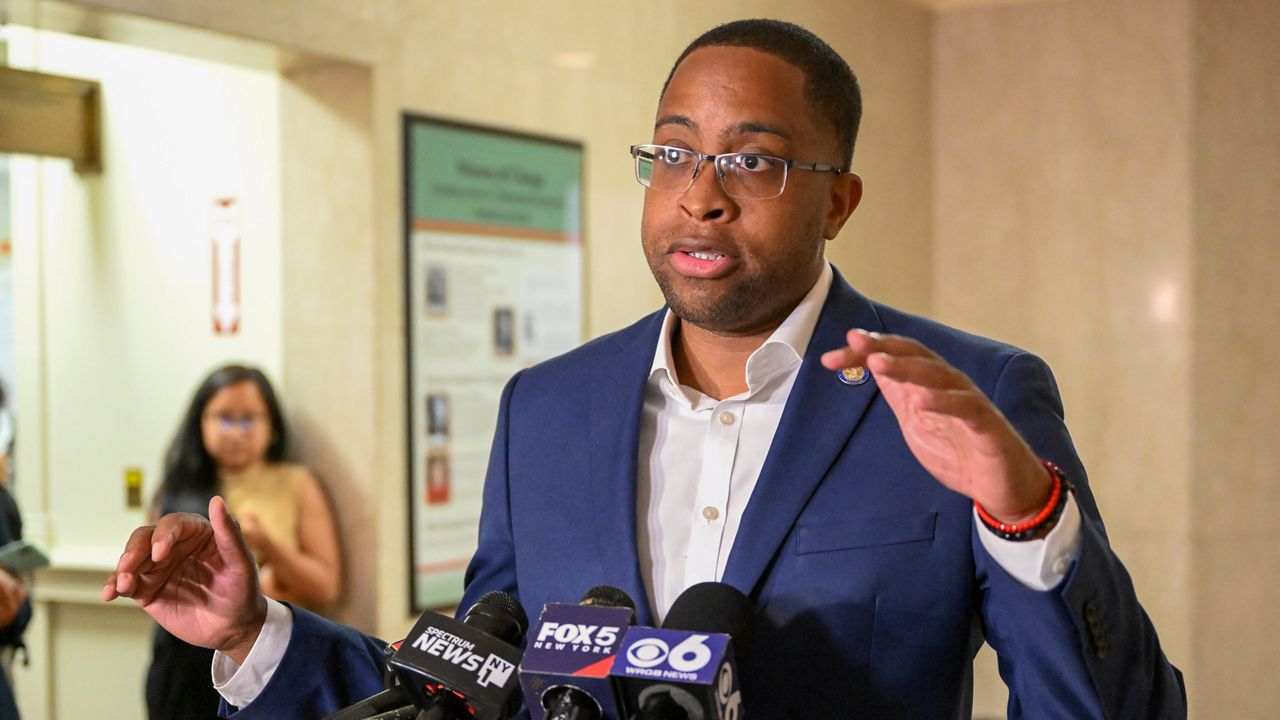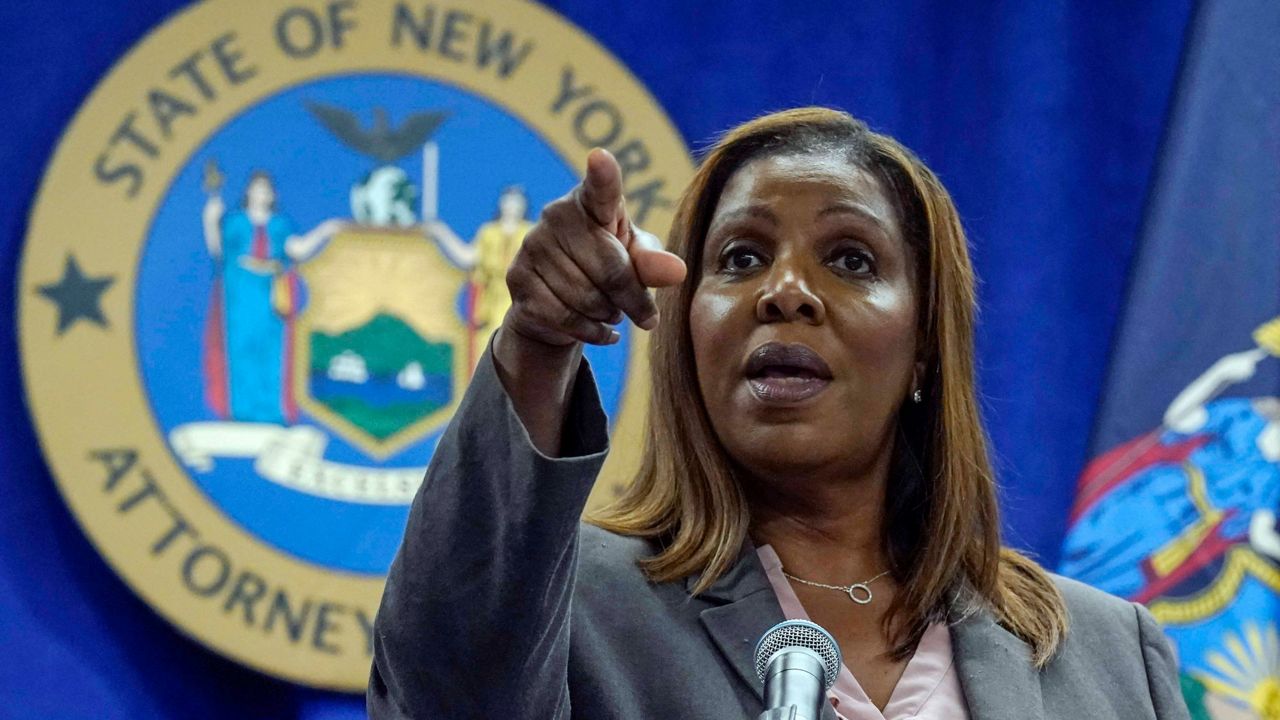For medicinal cannabis users like Desarae Little, the drug has been effective at relieving her chronic pain, helping her return to work.
"Without the help of medical marijuana, I would not be able to get through my day," she said. "The pain is under control. I still have my flare ups, but it's not as bad as it was before."
New York lawmakers are considering changes to how cannabis is taxed in New York — both for the state's new recreational marketplace and the nearly decade-only medicinal program.
But in the nearly 10 years since New York created a tightly controlled medicinal cannabis program, there are concerns the 7% excise tax has made access harder for people.
"It just adds more to the costs, especially for the person who is going to require a significant dose to get their pain under control," Little said.
Rochester state Sen. Jeremy Cooney on Wednesday announced a plan to repeal the excise tax on medicinal cannabis as lawmakers negotiate a broader $227 billion budget plan. He wants the measure included in a final budget deal by the end of the month.
"Ultimately, if we're able to increase the number of patients, which means we're able to help more people, that's a good thing," he said.
There are a variety of rules in place for New York's cannabis program that advocates say make it more costly. Because of federal law, insurance cannot be used to obtain a medicinal cannabis prescription.
"We know that medical cannabis patients need access and we're making it very difficult for them to get access by requiring the prescription drug card, by not having reciprocity with other states, by having a 7% excise tax on it," he said.
The push to end the tax is also being made as lawmakers want to repeal a potency tax for recreational cannabis in New York. Assembly Majority Leader Crystal Peoples-Stokes is backing the change, arguing the current tax structure undermines the growing businesses in the cannabis industry.
"I don't think we should be charging more taxes for THC potency," Peoples-Stokes said. "What I think that would do is move more people to the elicit market."
And just last week cannabis regulators announced they would double the number of licenses to operate a retail cannabis business as what is expected to be a multi-billion sector of the economy begins to grow.









